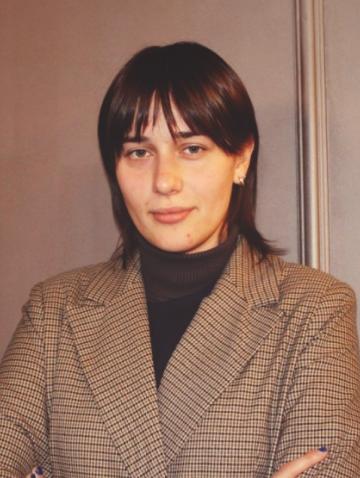Rebeka Zvirbule
Rebeka Zvirbule is currently pursuing an M.A. in European and Russian Studies at Yale University. She is originally from Latvia and holds a Bachelor's degree in International Relations from Rīga Stradiņš University. She also completed an exchange semester at the University of Ljubljana in Slovenia. Rebeka is fluent in Latvian and English and is continuing her studies in Russian and German.
Her research focuses on Russia’s foreign policy discourse and narrative construction, as well as security dynamics in the post-Soviet space and the Baltic region. She takes a nuanced approach to the historical and contemporary identities of marginalized groups - particularly LGBTQIA+ community - exploring their experiences during the Soviet occupation of the Baltic states. In addition, she critically examines how Russia instrumentalizes "traditional values" in its foreign policy narratives.
Rebeka also seeks to advance a postcolonial perspective on the Baltic states, with particular attention to how historical memory and identity are mobilized in foreign policy and soft power strategies. Her bachelor’s thesis, titled “The Russian Federation’s Political Discourse: A Case Study of the Dismantling of the Victory Monument,” analyzed how Latvia’s decision to remove the Victory Monument in Riga influenced Russia’s political discourse and the emergence and re-emergence of specific narratives.
She has worked as a junior researcher at the Latvian Institute of International Affairs, Latvia’s leading think tank, and served as an advisor on international security for the United Nations Youth Delegate Program. In this role, she worked to ensure youth voices and concerns were represented at the governmental level.
Beyond academia, Rebeka is passionate about Latvian literature. She co-founded the online literary journal "Stroika" and actively participates in slam poetry competitions and literary festivals.
At Yale, Rebeka aims to deepen her research on postcolonial frameworks in the post-Soviet and Baltic contexts. She is particularly interested in exploring interdisciplinary approaches, using political science methodologies, and ultimately contributing to a more comprehensive understanding of the region’s evolving role in global politics.
Department: European & Russian Studies
